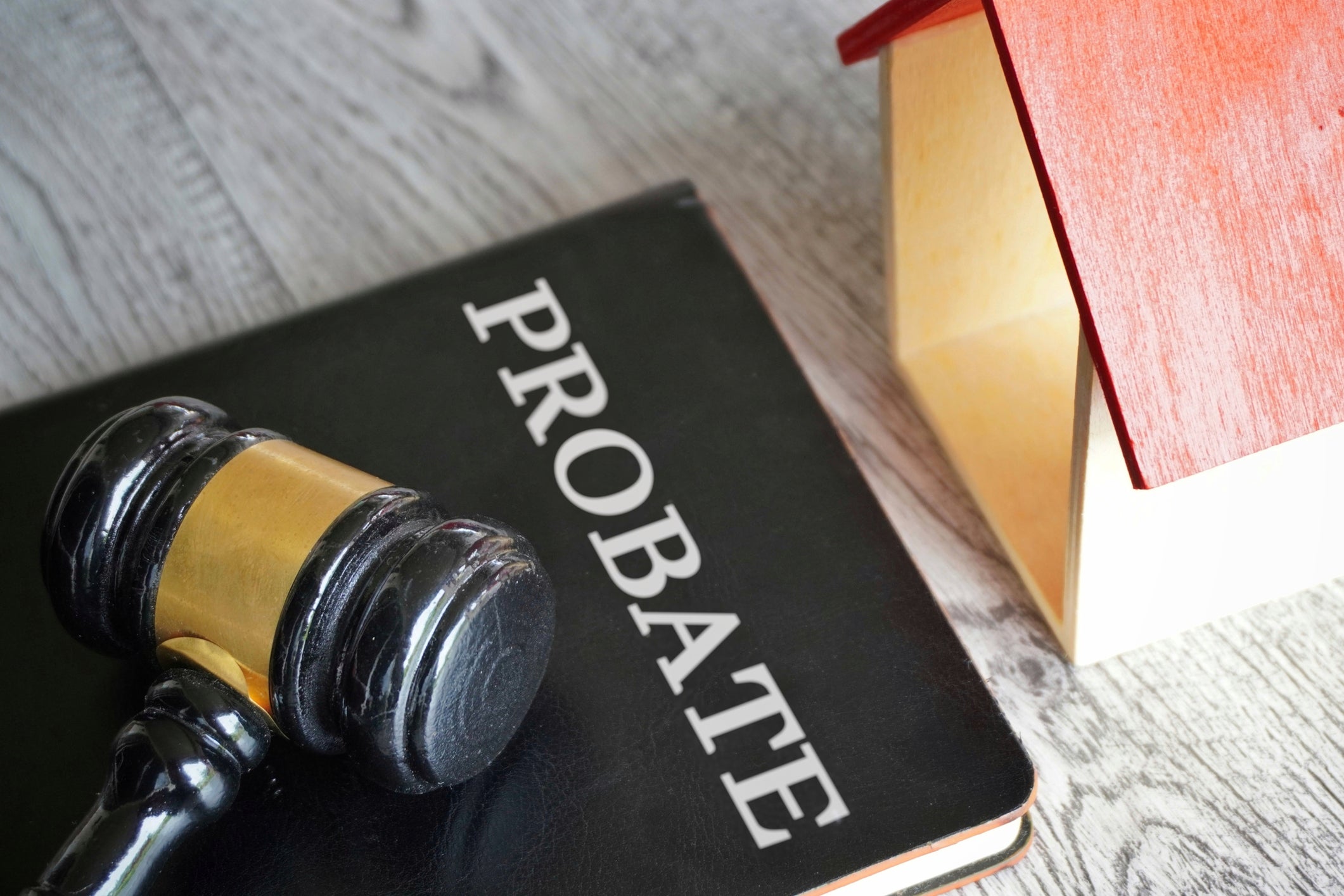Editor’s Note: Joel Gerber is a lawyer servicing the Savannah, GA area and has graciously agreed to allow us to share several articles he wrote with our subscribers. Joel is licensed in both Georgia and South Carolina, and is a graduate of The University of Georgia (B.A., cum laude) and The University of Memphis School of Law.
Death . . . it’s inevitable and unfortunately a part of the Circle of Life (Alexa play the theme song to “The Lion King” while I read this article). While there are oftentimes issues that arise when an individual passes, that certainly is the case when the individual dies owning real property. This article will address (1) what needs to be addressed from the listing side before the property is listed for sale, (2) a general overview of the probate process and (3) contract provisions that should be included when your client goes under contract on a home when probate hasn’t even been started or is pending.
Considerations When Listing A Home And The Owner Is Deceased:
Prior to going to any listing appointment, make sure you have a copy of the most recent deed. If you are having trouble locating the deed, reach out to your favorite closing attorney (Brannen, Searcy & Smith) and the attorney can get you a copy. Once you identify who the owner of the property is (and assuming the owner is an individual and not a trustee of a trust), make sure each person will be able to sign the listing agreement. If not, one of them may not be alive.
If one of them is not alive your first inquiry must be whether the deed is a survivorship deed. A survivorship deed will automatically transfer title from one owner to the other upon the decedent’s death. If you have a survivorship deed, then your seller is the person that is still alive and the closing attorney will only need a certified copy of the death certificate at closing. The closing attorney will record an affidavit of death at closing to show the other owner died (and thus why there is only one seller).
If the owner (or owners) of the property is deceased (and you don’t have a survivorship deed with one living owner), then generally probate must be completed. What is probate? Probate is the formal process that gives recognition to a will and appoints an executor who will administer the estate and distribute assets to the intended beneficiaries. If there is no will, probate is still generally required and the court will appoint an administrator (instead of an executor) to administer the estate. The seller will be the executor or administrator of the estate. The executor or administrator also may be referred to as the personal representative.
Please keep in mind that until probate is completed, no one has the authority to bind the estate. What does that mean for you? Technically, the estate cannot enter into a contract to sell a property. Also, even once a probate petition has been filed with the court, obtaining the documentation necessary for a seller to sell a property can take a month to three months (or longer).
The Probate Process:
The personal representative of the estate (the “PR”) generally will retain an attorney who specializes in probate law. The PR will meet with the attorney to provide information regarding the deceased’s family, among other things. The attorney will draft a probate petition which is a standard form provided by the probate court and it sets forth information regarding the deceased, the deceased’s family and whether the deceased had a will.
The petition must be signed by the heirs of the deceased. Which heirs must sign the petition depends on the specific circumstances for each deceased seller. After the petition has been filed with the probate court it is a waiting game. The estate must wait for the probate court to swear in the PR. Depending on the county, and whether or not there is a valid will, the wait can be as short as a month or as long as four months (or longer). Generally, once the PR has taken the oath, the PR has the authority to administer the estate, including the authority to sell property owned by the estate.
The Deceased Does Not Have A Will:
The probate process is very similar whether a deceased individual has a will or not. One significant distinction is that a probate court cannot swear in the PR until a four-week advertisement to creditors has run in the county newspaper where the probate court is located. This advertisement just delays the time in which a PR can be sworn in. An advertisement is required even if a deceased had a will, but that advertisement can be run at the same time or after the executor has been sworn in.
There are situations when there is no will and an heir cannot be located. When that happens, even though the administrator has been sworn in, the administrator does not have the authority to sell property of the estate. What does that mean for you as a Realtor? You get to wait even longer until the property can be sold. Generally, this results in a two-month delay.
The administrator will need to work with his or her probate attorney to file a Petition of Personal Representative for Leave to Sell Property. Basically, the administrator has to ask the probate court for permission to sell the property. Once the probate court grants the motion for leave to the administrator (and all conditions of said motion have been satisfied), the administrator can finally sell property owned by the estate.
The Will Specifically Bequests Real Property To A Certain Individual:
Every once and a while a will states that an individual is given certain real property. When that property is identified specifically (123 Main Street or my primary residence), the person who is named in the will to receive the property must consent to the sale. Such a provision is known as a specific devise. That is coordinated by the closing attorney who will have that named individual sign a document consenting to the sale. That is done to ensure the individual is aware that the property is being sold. That person does not need to sign the purchase and sale agreement, but if you know there is a specific devise of the property in the will you should make sure that individual is available to sign the consent at closing.
Contract Provisions When The Seller Is An Estate:
If probate has not been completed authorizing the PR to sell the property, technically no one has the authority to sign the contract on behalf of the estate. Nevertheless, I see it done all of the time. Under these circumstances, it may be difficult to estimate the closing date. Rather than agree on a closing date that may not be met, I would recommend the parties use a date based on when the PR has been granted the authority to sell the property. Maybe something like this:
All parties acknowledge and agree that the closing date shall be __ days after the closing attorney confirms that the personal representative has the authority to sell the property. Any time prior to the closing attorney confirming that the personal representative has the authority to sell the property, the buyer shall have the right to terminate and receive his or her earnest money back.
This will not only prevent the parties from having to execute potential extensions, but more importantly, it will keep the buyer under contract or allow the buyer to terminate if the probate process lasts for an extended period of time.











